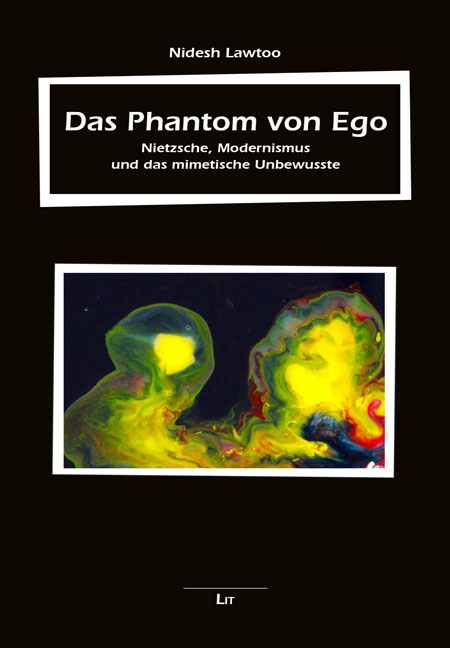
Das Phantom von Ego: Nietzsche, Modernismus, und das Mimetische Unbewusste (2024)



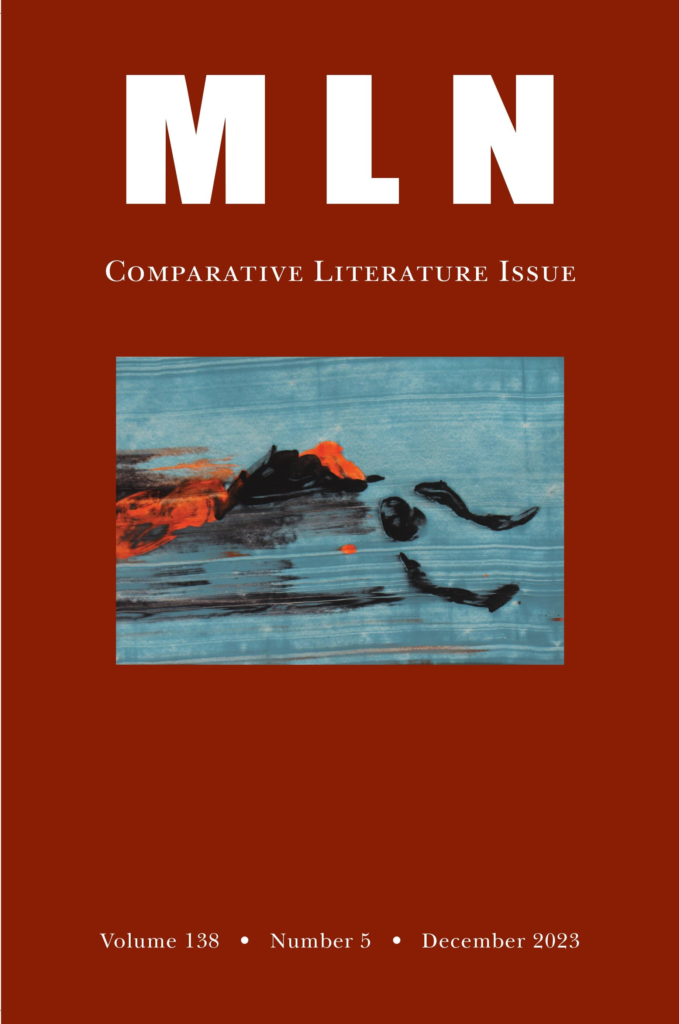
In this special issue of Modern Language Notes (Johns Hopkins UP) edited by Nidesh Lawtoo, contributors join literary and philosophical perspectives to further the interdisciplinary field of mimetic studies. After the linguistic and the affective turn, the new materialist and the performative turn, the cognitive and the posthuman turn, the issue argues for a re-turn to the ancient, yet also modern and still contemporary realization that humans are mimetic creatures, or homo mimeticus. Essays on Plato, Nietzsche, Wilde, Benjamin, Adorno, Borges, as well as on contemporary film and fiction, give theoretical and aesthetic substance to this claim. More information and OA articles available HERE.
In this last episode of HOM Videos, Nidesh Lawtoo returns to the place where mimetic studies begun: the Great Theatre of Dionysus in Athens. It is in fact here that mimesis was not simply represented but, rather, performed by actors on mimes endowed with the capacity to generate a mimetic, dramatic, or Dionysian pathos in the audience as well.
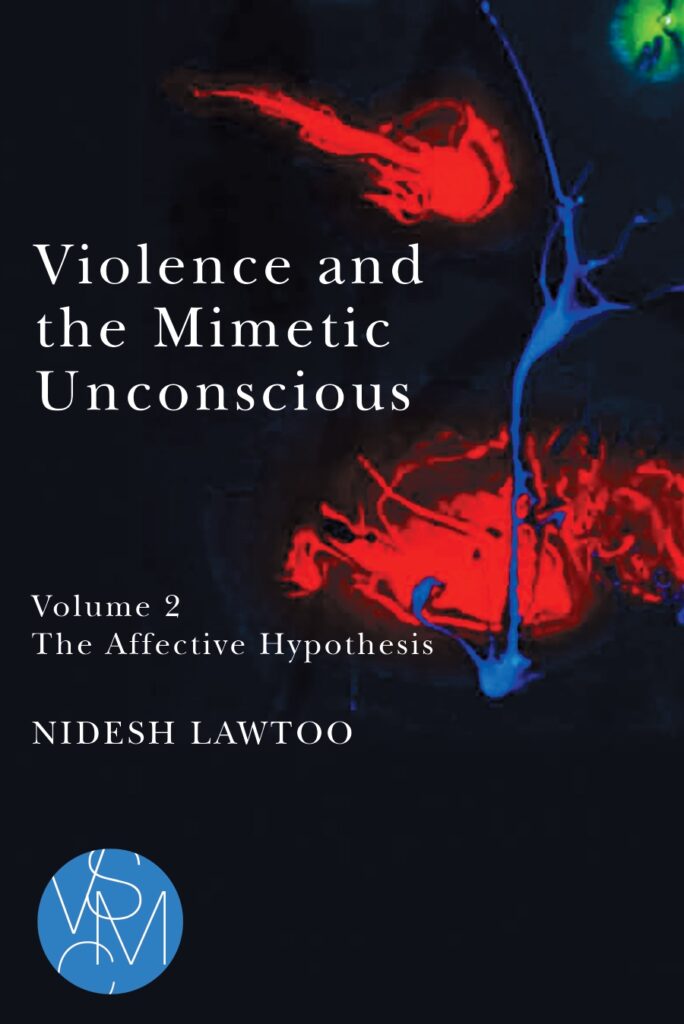
Representations of violence have subliminal contagious effects, but what kind of unconscious captures this imperceptible affective dynamic in the digital age? In volume two of a Janus-faced diagnostic on violence and the unconscious, HOM PI Nidesh Lawtoo traces a genealogy of a long-neglected, embodied, relational, and highly mimetic unconscious central to the problematic of (new) media violence. Now OUT with MSU P!
In this book launch of Homo Mimeticus: A New Theory of Imitation (Leuven UP, 2023, OPEN ACCESS), HOM/GM PI Nidesh Lawtoo joins forces with his team (Niki Hadikoesoemo, Marina Garcia-Granero & Giulia Rignano) to sum up the main results of the HOM project and open up the new transdisciplinary field of mimetic studies Homo Mimeticus proposes.
In this dialogue, Jane Bennett and Nidesh Lawtoo experiment with a mimetic genre to reflect on the vibrant interplay of human and nonhuman forms of communication. What style of language best approximates this mimetic entanglement? What role do non-verbal mimicry and gesture play in the birth of homo mimeticus? These are some of the questions on trans-specied mimesis the dialogue seeks to explore by going beyond nature and culture in the heterogeneous company of Nietzsche, mirroring bodies, and middle verbs.
In this opening session of the Homo Mimeticus Seminar (KU Leuven), PI Nidesh Lawtoo introduces some of the main concepts constitutive of the mimetic turn, or re-turn of mimesis in critical theory, including mimetic pathos, pathos of distance, mimetic patho(-)logies, and their relevance for the COVID-19 pandemic crisis.
Since the publication of Gunter Gebauer and Christoph Wulf’s seminal book, Mimesis: Culture- Art-Society in 1992, the realization that mimesis is constitutive of the human condition has become central to the humanities, the arts, the social sciences, stretching to inform the hard sciences as well. Furthering Gebauer and Wulf’s call to examining the productive aspect of mimesis as a “human condition,” the ERC-funded Homo Mimeticus: Theory and Criticism (HOM) project convokes a two-day transdisciplinary workshop at the Institute of Philosophy, KU Leuven, to explore the afterlives of the mimetic condition in the twenty-first century.
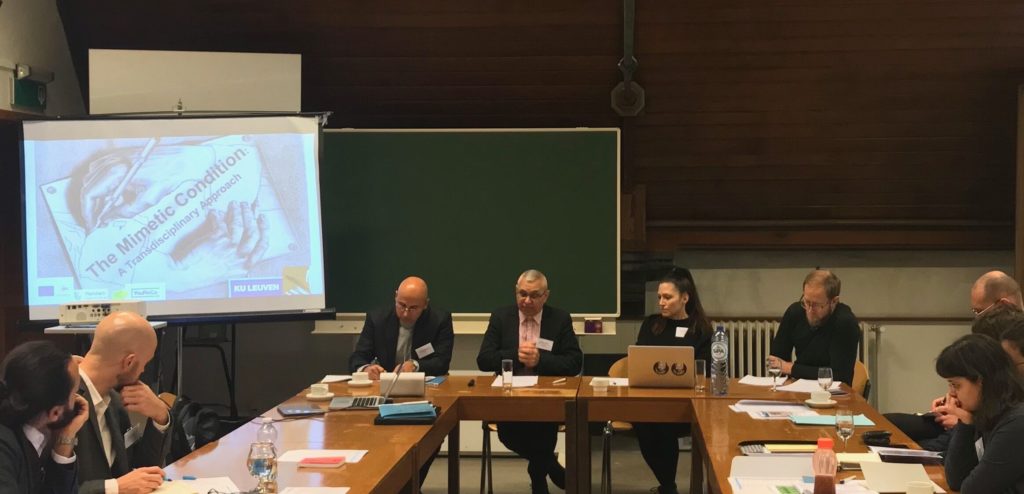
December 5-6, 2019,Room S, Institute of Philosophy, KU Leuven (Belgium) Keynote: Prof. Gunter Gebauer (Free University of Berlin) “Worldmaking of the Hand: The Mimetic Creation of Human Culture”
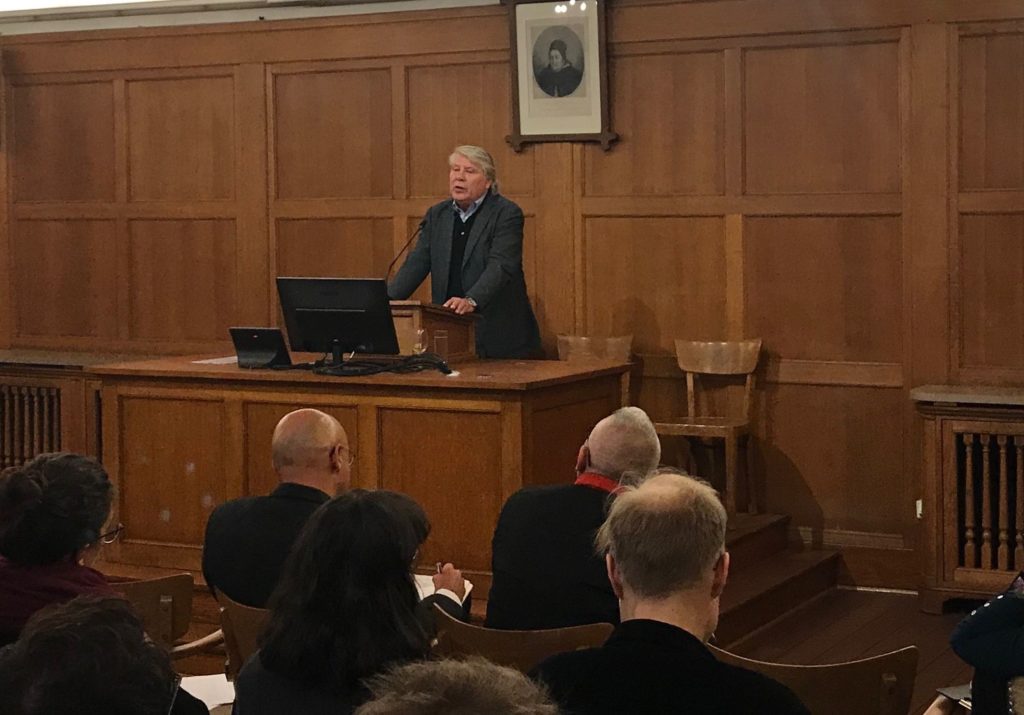
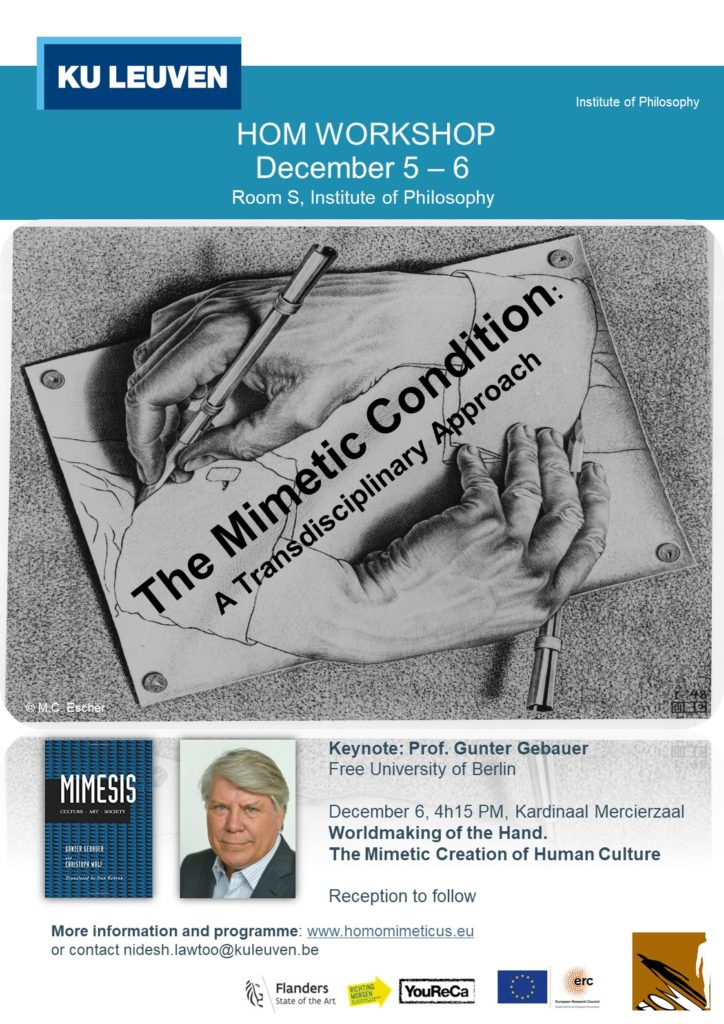
In this chapter for The Palgrave Handbook of Mimetic Theory and Religion (eds. James Alison, Wolfgang Palaver), titled “The Classical World: Sacrifice, Religion, Philosophy,” Nidesh Lawtoo takes the work of René Girard, read with Friedrich Nietzsche, Jane Harrison and other philologists, as a starting point to offer a genealogy of the role sacrifice plays in the classical period. The patho-logy of sacrificial violence, Lawtoo argues, both confirms and supplements mimetic theory. You can read the chapter here.